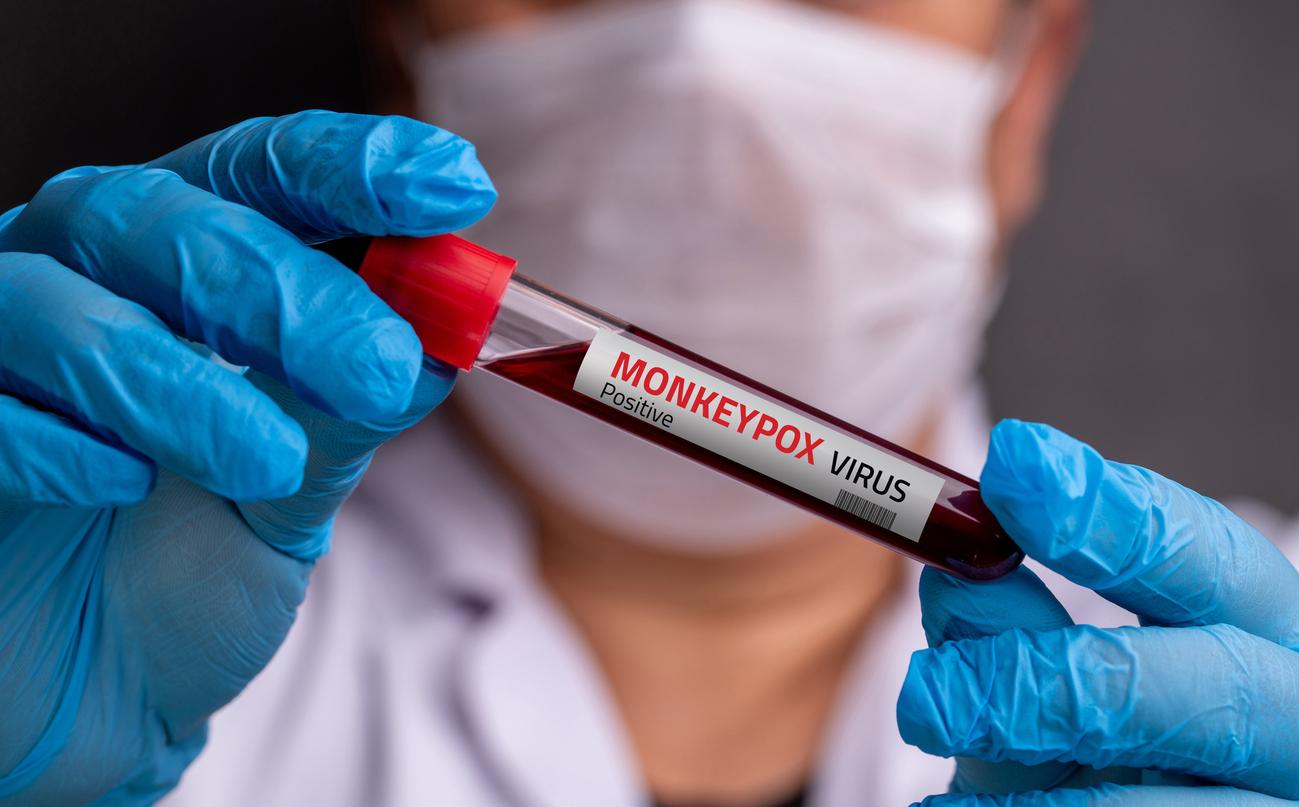
A variant very similar, from a genetic point of view, to the coronavirus responsible for the pandemic has been identified in China, in bats. This is what scientists working at Shandong University report.
Coronaviruses in bats
A coronavirus genetically very close to Sars-Cov-2 has been discovered by Chinese researchers. They took oral samples of saliva, urine and feces between May 2019 and November 2020, in Yunnan province, southwest China. They then analyzed the samples and the results of the study appeared recently in the science magazine. Cell. They were broadcast by Cable News Network, an American television channel that broadcasts news. This is further evidence that confirms that these winged mammals are hosts for many varieties of coronavirus, which can potentially be frequently transmitted to humans. For the team of scientists, “ together with the related SARS-CoV-2 virus collected in Thailand in June 2020, these results clearly demonstrate that viruses closely related to SARS-CoV-2 continue to circulate in bat populations, and could appear in some areas around a relatively high frequency “.
A coronavirus very close to Sars-Cov-2
The strain closest to the virus responsible for Covid-19 that has been identified is called RpYN06, but “ in total, we assembled 24 new coronavirus genomes from different bat species, including four coronaviruses such as SARS-CoV-2 Is it described in the report. This strain was collected from horseshoe bats. Rhinolophus is a species that is known to be a reservoir for coronavirus. However, there are some differences between Sars-Cov-2 and this other virus, at the level of the spike protein. It is this element that allows the virus to fuse with cells. In addition, other samples are close to Sars-Cov-2 and are three in number.
The origin of the pandemic still unclear
For now, experts from the World Health Organization have not discovered the intermediate animal, the one that would have allowed the Sars-Cov-2 coronavirus to infect humans, even if it probably comes from, originally from the bat. The pangolin trail could not be proven, but scientists say ” Aside from bats and humans, coronaviruses can infect a wide range of domestic and wild animals, including pigs, cattle, mice, cats, dogs, chickens, deer and hedgehogs. “.















